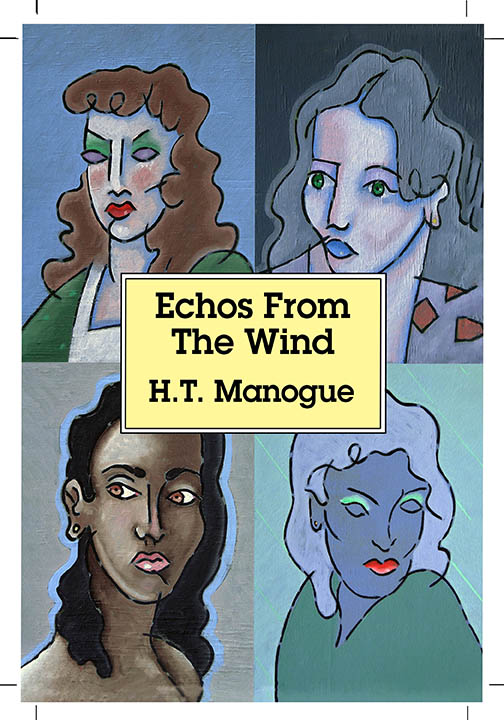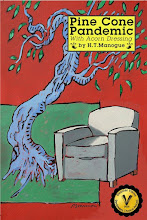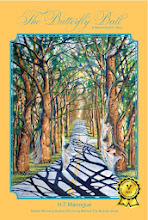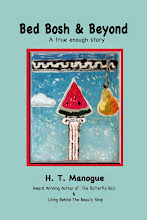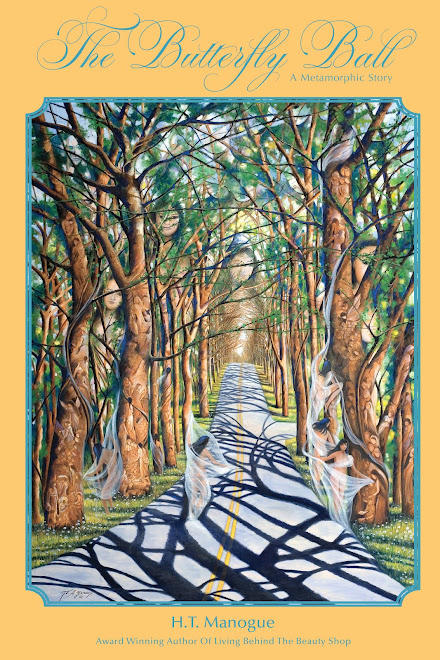If I have described life as a flux of moods, I must now add, that there is that in us which changes not, and which ranks all sensations and states of mind. The consciousness in each man is a sliding scale, which identifies him now with the First Cause, and now with the flesh of his body; life above life, in infinite degrees.
The sentiment from which it sprung determines the dignity of any deed, and the question ever is, not what you have done or forborne, but, at whose command you have done or forborne it.
Ralph Waldo Emerson is considered one of the most influential figures in 19th century Victorian America. His 1842 essay, Experience confirms his perceptions of life. Emerson has been defined in many ways. Some of those definitions describe him as a metaphysical anomaly because of his beliefs about the multiplicity of man. He identified other aspects of the self, and he wanted to experience those aspects
Religions tell us that our actions are the result of God’s hand or lack of it. We are taught to believe that we have no say in what happens in our life. We are at the mercy of a judgmental being that considers us flawed until we die. This being controls our destiny in ways that are rooted not only in mystery, but in fables, myths and distorted truths. We accept them because we believe in the truth of the past.
Religion exists to control and that system will be in place for some time. Religious believers will experience what they want to experience through the church. Even when truth is distorted, the message is still there. Responsibility for expressions and experiences rests within us. If we want to believe that a certain religion will open the door of awareness, it will. If we believe that religion is not the path that allows us to experience our beliefs in life, we will experience what we perceive without religion. If we believe that we create our own reality through our perceptions, we will experience those perceptions in some way. As Emerson points out, it is not what we have done or forborne, it is our awareness that expands consciousness.

